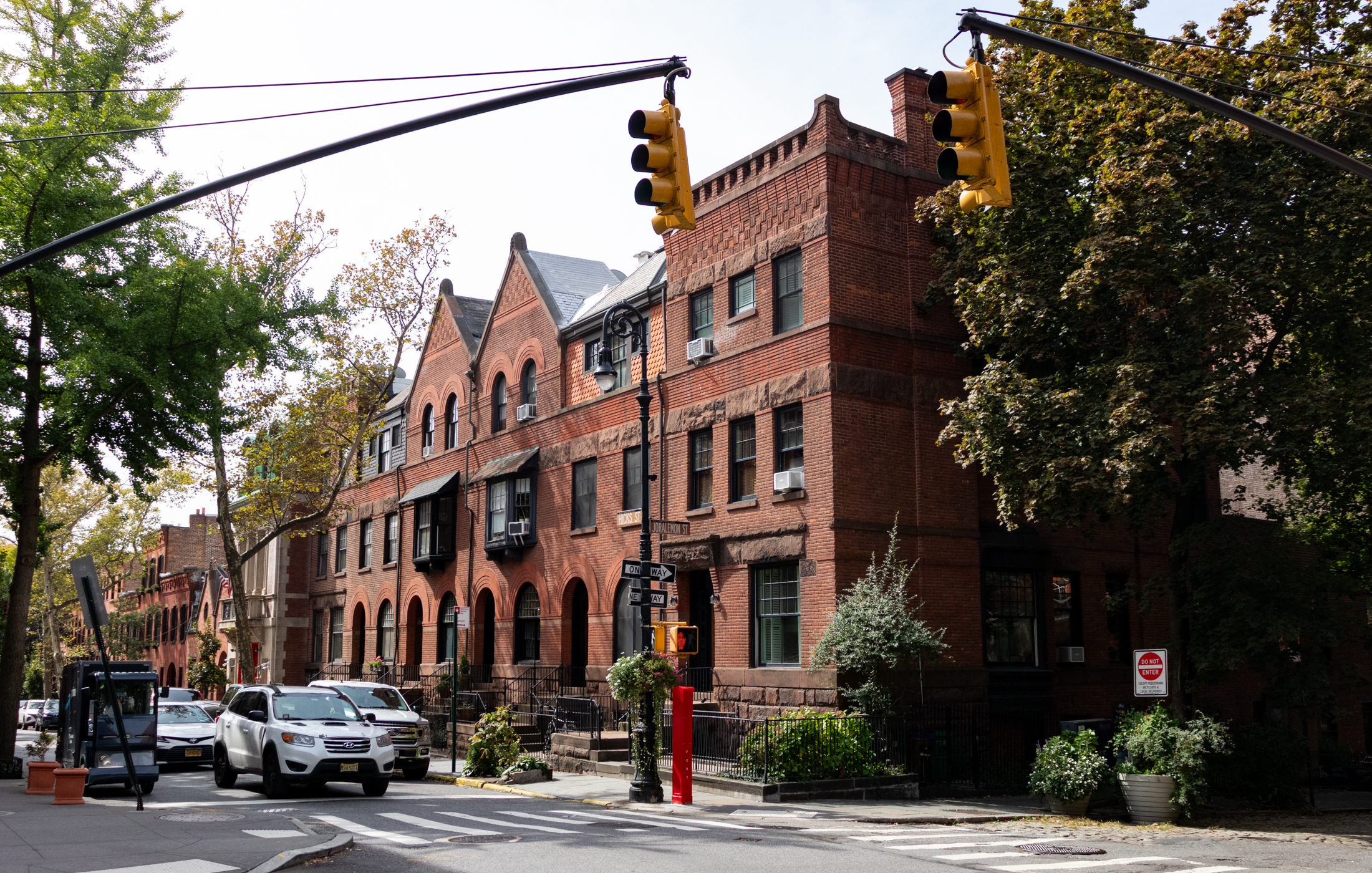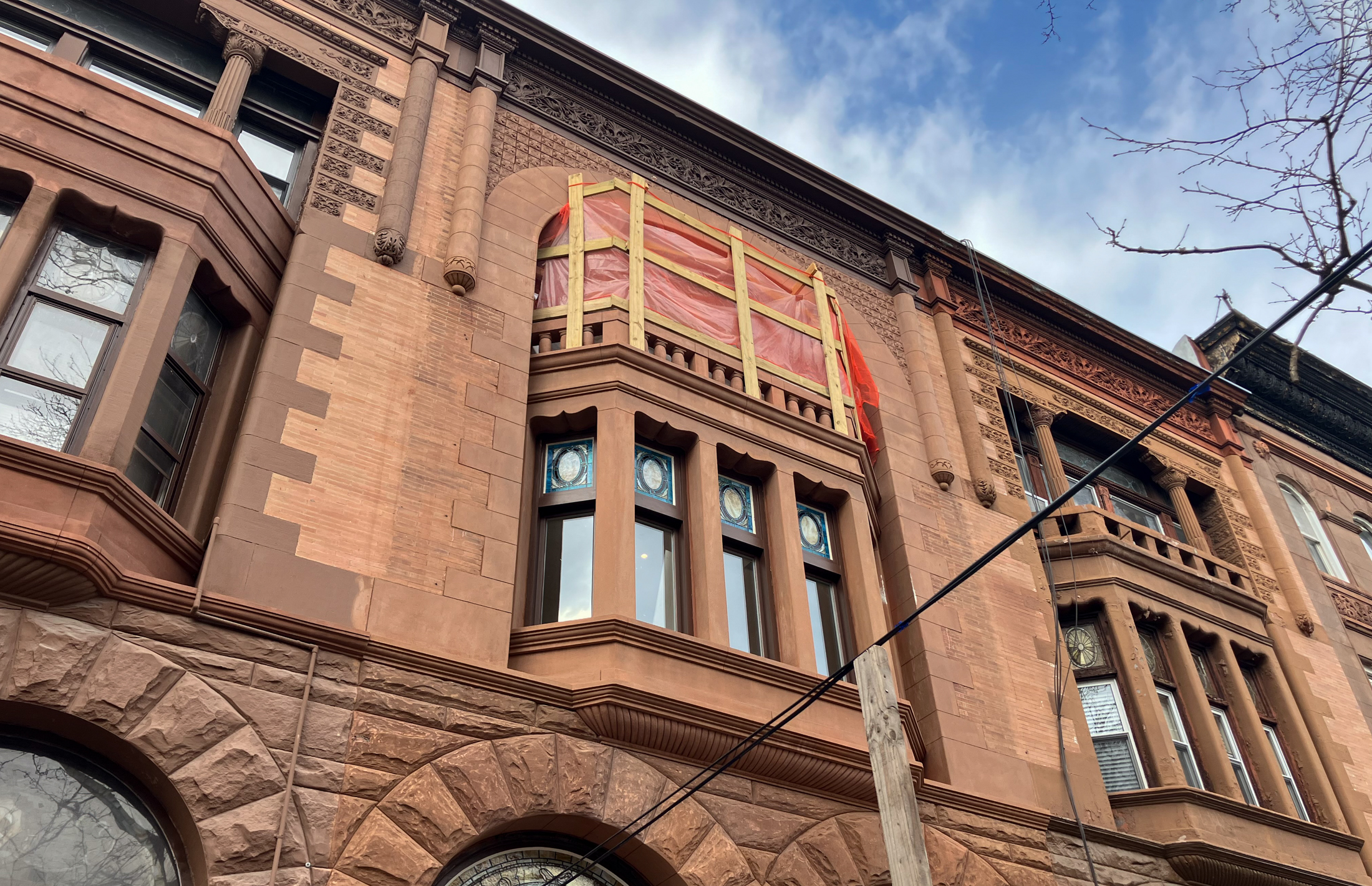Obama Details Rescue Plan for Homeowners
With almost one in ten houses either delinquent or in foreclosure, President Obama unveiled a more ambitious plan than expected yesterday that could end up helping as many as nine million Americans. The $75 billion portion of the plan directed at homeowners has two basic goals: 1) To help the roughly five million homeowners who…

 With almost one in ten houses either delinquent or in foreclosure, President Obama unveiled a more ambitious plan than expected yesterday that could end up helping as many as nine million Americans. The $75 billion portion of the plan directed at homeowners has two basic goals: 1) To help the roughly five million homeowners who are current on payments but facing high interest rates and unable to refinance because the value of their homes has deteriorated; 2) To incentivize lenders to modify the mortgages of roughly four million homeowners on the verge of losing their homes. In addition, the Obama administration will pump another $200 billion into Fannie Mae and Freddie to increase the general availability of mortgages. The plan also aims to lower consumers’ debt-to-equity ratios overall. This plan will not save every home, but it will give millions of families resigned to financial ruin a chance to rebuild, Mr. Obama told a crowd here, in one of the communities hardest hit by the housing crisis. It will prevent the worst consequences of this crisis from wreaking even greater havoc on the economy. And by bringing down the foreclosure rate, it will help to shore up housing prices for everyone. As The Times reminds us, modifying mortgages doesn’t always work.
With almost one in ten houses either delinquent or in foreclosure, President Obama unveiled a more ambitious plan than expected yesterday that could end up helping as many as nine million Americans. The $75 billion portion of the plan directed at homeowners has two basic goals: 1) To help the roughly five million homeowners who are current on payments but facing high interest rates and unable to refinance because the value of their homes has deteriorated; 2) To incentivize lenders to modify the mortgages of roughly four million homeowners on the verge of losing their homes. In addition, the Obama administration will pump another $200 billion into Fannie Mae and Freddie to increase the general availability of mortgages. The plan also aims to lower consumers’ debt-to-equity ratios overall. This plan will not save every home, but it will give millions of families resigned to financial ruin a chance to rebuild, Mr. Obama told a crowd here, in one of the communities hardest hit by the housing crisis. It will prevent the worst consequences of this crisis from wreaking even greater havoc on the economy. And by bringing down the foreclosure rate, it will help to shore up housing prices for everyone. As The Times reminds us, modifying mortgages doesn’t always work.
$275 Billion Plan Seeks to Address Crisis in Housing [NY Times]
O’s $75 Billion Housing Bet [NY Post]
President Obama Unveils $75 Billion Plan [NY Daily News]





Snarky – did you see that he’s still sending his kids to a $10,000 a year private school?
I’d rather tax dollars go to help section-8ers trying to survive than help this guy trying to maintain an unnecessary luxury.
joe — I think the government already intervened in the market when it backstopped fannie and freddie and decided not to let anymore big banks go under after lehman.
At this point, it is not a question of whether or not the government will intervene or not. It’s just a question of how effective it will be.
Arguing about whether or not the govt. should be involved in the “free” market at this time seems pointless. Reminds me of the old joke:
Man (to woman): Would you sleep with me for $1,000,000?
Woman (shocked): Uh, oh… uh, well… I guess for a million I would…
Man: Would you sleep with me for $100?
Woman (offended): What!? Of course not! What do you think I am? A whore?
Man: Madam, we have already established that fact. Now we are just haggling about price.
ENY — OK, I’m sure public housing has done some people some good at some time in some circumstances.
But in general, I think it drives up housing costs for others and gives some people an easy excuse for under achieving or managing their finances poorly.
I feel the same way about rent stabilization even though I lived in a rent stabilized place for several years.
There may be a role for public housing and rent stabilized housing in the city, but it needs to be small and limited. I think there are generational consequences of government provided cheap housing that benefit neither the government nor the people in the housing.
harry, really? that’s great. can I ask what your ltv is?
“ob — public housing has generally done no one any good. It traps people in miserable places to live that get the bare minimum of maintenance and drives up costs for people on the next rung of the economic ladder.”
NSR – do you actually KNOW anyone who lives in public housing? I do, and have growing up in NYC, I can honestly say that your comments on this subject are broad generalizations and as such, inaccurate.
“Marlo Saab bought a $555,000, two-family home… no money down… He makes $80,000 a year…”
Enough said.
NSR — true that. but with with volumes and profits low I’m sure the RE agents will finally want to cut costs.
I take issue with the desirability of intervening in markets — “keeping people in their homes” is only a marketing slogan. What the govt cares about is a mass ditching of obligations under contracts, and they’re trying to stop the spiral that would cause that. it is never ideal for the government to intervene in markets, with the narrow exception of conducting monetary policy.
also, it’s part of the0 mission of the Fed to be “lender of last resort”. the only difference is that now it’s actually acting in that capacity. it doesn’t make them any more obligated to bail out irresponsible borrowers.
I refinanced my brownstone just a couple of weeks ago at Brooklyn Federal Savings Bank at 4.75% 30 year Jumbo, they posted this rate for one day. I had no problem with the re-financing. They told me if you have a credit rating above 700 you can get easy financing.
People who lost thier jobs are the only ones who should be helped. If you bought too much house and make too little money to pay the mortgage you should lose the house and be evicted. Now if you were conned by a predatory lender you should get some help also. But thats it….
benson — the plan will encourage refinancing for people whose mortgages are underwater and therefore would normally not be able to refinance (because of their lack of home equity).
joe — all the banks and real estate offices in retail space on 7th are a pretty clear sign of how much money is being skimmed off the surface of real estate transactions. They may or may not go away. There will still be a lot of churn in the real estate market even if prices come down.
rob — public housing has generally done no one any good. It traps people in miserable places to live that get the bare minimum of maintenance and drives up costs for people on the next rung of the economic ladder. Also, I think a lot of these shiny new condos will be affordable middle class housing in a year or two.
In any event, the government is already officially backing Fannie and Freddie and unofficially backing all of the big banks which means that the government can’t walk away without doing something about the mortgage crisis.
Keeping people in their homes works both financially and politically and sounds much better to me than handing money “no strings attached” to every big bank in the country and watching them give each other bonuses.